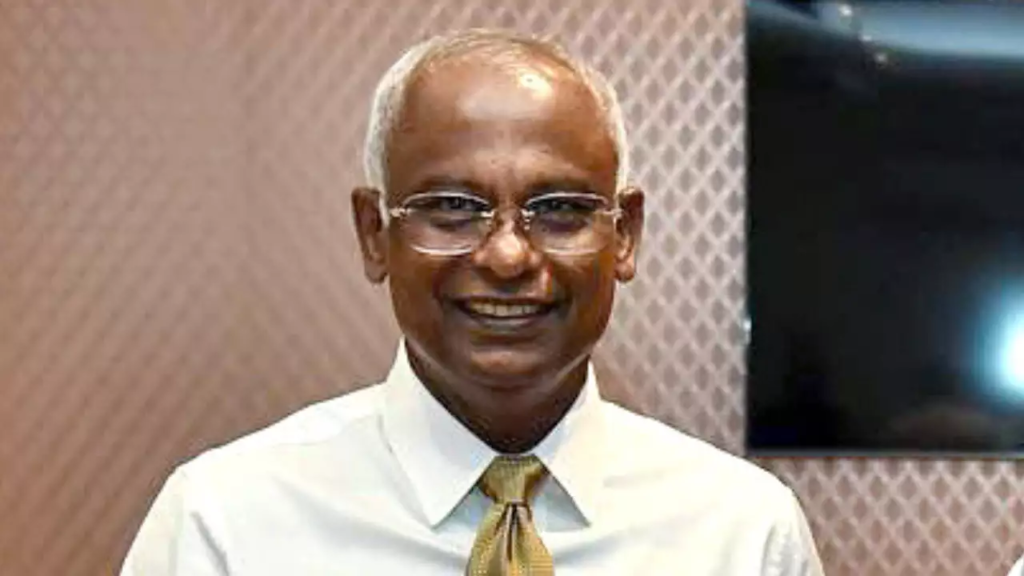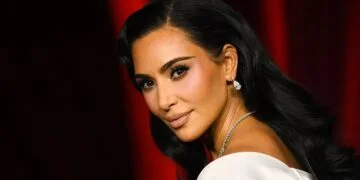Maldives is on the brink of a significant Presidential election set for Saturday, September 9, 2023. What makes this election particularly intriguing is the central role India has been drawn into, amid heated campaigning revolving around President Solih’s ‘India First’ policy. In this article, we delve into the dynamics of this political scenario.
The Candidates and Their Alliances

The upcoming Maldives Presidential elections have witnessed intense campaigning over the past year, with India becoming a focal point of political debate. The primary contender in the elections is President Ibrahim Mohamed Solih, who seeks a second term but faces substantial opposition due to his ‘India First’ policy.
Solih, who assumed office in 2018, enjoys support from the ruling Maldives Democratic Party (MDP). However, his political landscape has been marred by the resignation of his close ally, Mohamed Nasheed, citing differences within the party.
On the opposing side, the Progressive Party of Maldives (PPM), in alliance with the Progressive National Congress (PNC), has fielded Dr. Mohamed Muizzu as their preferred Presidential candidate, with former President Abdullah Yameen barred from contesting the elections due to corruption charges.
India’s Role and Accusations
President Solih has faced allegations of compromising Maldives’ sovereignty, primarily due to India’s military presence in the country and its involvement in the development of the Uthuru Thilafalhu atoll as a military base. While India has remained publicly silent on the issue, it continues to provide indirect support to President Solih through grants and aid for connectivity projects and defense items.
Presidential Debate Turns Towards India
In a recent televised debate featuring all eight candidates, including President Solih, India became a significant topic of discussion for the first time. Solih’s opponents questioned the presence of the Indian military on the islands and the development of the Uthuru Thilafalhu atoll, alleging that it would lead to a constant Indian military presence in the region and erode Maldivian independence.
One of the vocal critics of Solih’s ‘India First’ policy, Umar Naseer, accused the government of selling the country’s sovereignty to India and asserted that the Indian military cannot be controlled.
The Chagos Island Case and Its Implications
The debate also touched upon the Chagos Island case, which began in October 2022 when the International Tribunal for the Law of the Sea (ITLOS) deliberated on the Exclusive Economic Zones (EEZ) between Mauritius and the Maldives. During these deliberations, Maldives recognized Mauritius’ sovereignty over Chagos, leading to accusations that India influenced this decision.
India’s Strategic Interests
India’s involvement in the Maldives Presidential elections is closely monitored due to concerns about its ties with China, especially in the context of the ongoing border conflict between the two nations. Given the strategic location of the Maldives along the main Indian Ocean sea-lanes and its proximity to India, the election outcome is critical for India’s security interests.
The outcome of the Maldives Presidential elections holds direct relevance to India’s security architecture in the maritime domain. While the involvement of India in Maldives’ affairs has raised concerns and triggered debates, it underscores India’s efforts to strengthen defense and security ties in the region. Despite the political rhetoric, India’s commitment to its relationship with the Maldives remains unwavering, driven by historical, geographic, and strategic connections.
The Hindustan Herald Is Your Source For The Latest In Business, Entertainment, Lifestyle, Breaking News, And Other News. Please Follow Us On Facebook, Instagram, Twitter, And LinkedIn To Receive Instantaneous Updates. Also Don’t Forget To Subscribe Our Telegram Channel @hindustanherald











































